If one were to ask how exactly André Felix got to become the Global Creative Director of WhatsApp, the man would probably say that it had nothing to do with himself. We beg to differ.
Grown up in a Brazilian favela, André moved to the US to pursue a career in creativity. Challenged to overcome the inevitable cultural differences which still feel quite significant to this day, he decided to surround himself with people he believed in and who believed in him in return. That's because, according to André, there is nothing inherently special about being a creative; it is just a mixture of privileged opportunities, dreams, people working together to achieve a common goal, and a constant strive for greatness.
If there is one thing this Covid crisis is teaching us all, it is that community is one of the most important aspects of society we should be proud to endorse and nurture. By believing in himself and the people all around him, André is certainly proving this to be true on a daily basis, working as a "firefighter" to improve people's lives, brandishing creativity as the tool to build a better, more inclusive world.
Today we are Getting to Know an extremely influential creative leader and one of our Top 100 Industry Influencers of 2020 – someone who would never give up his dreams to keep fighting stereotypes with creative greatness.
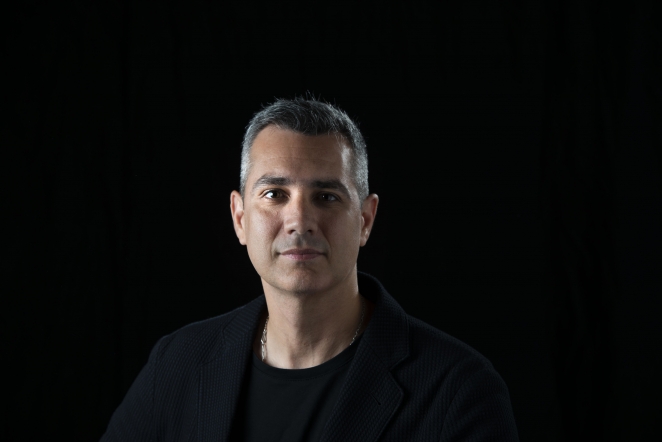
Tell us about your current role!
Currently working as Global Creative Director (Contract) at WhatsApp's in-house agency, I globally oversee the development and execution of all the brand's creative work. Also, I collaborate with a team in the day-to-day demands. My focus is on ideas that live at the intersection of product, content and marketing, in which you can see my creativity applied in concepts, strategy, experience design and narrative for the WhatsApp brand.
How did you get to your current position?
The hard work I put into this business over the years has made me build a reputation. I believe that we are nobody without those around us, and there is an urge for non-conformity, boldness and restlessness to reinvent ourselves to defy the comfort zone that is shadowing this industry.
The crucial truth is that you don't get anywhere unless you have people who trust your potential. And I am really grateful for all the opportunities I have had. However, to deserve them, you need to be disruptive. So give talent a real opportunity to become great. This is true meritocracy. And that's how I got here.
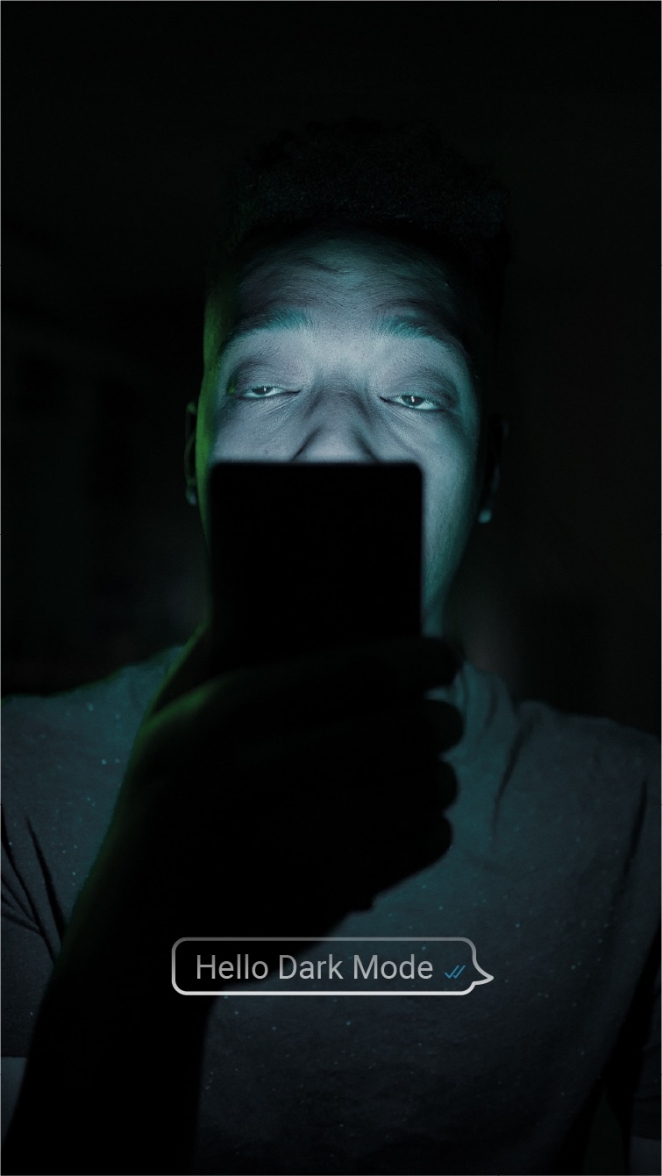
What was the biggest challenge?
Burnout and cultural differences.
Burnout because we will always have a lot of work to do, and we need to do it as quickly as possible with unquestionable quality and craft, and many times we don't have all the human power we need, and this often results in overtime.
There are no arguments against greatness
Cultural differences because I’m a Brazilian who lives in the US. And although I lived here for a long time, I will always be an immigrant. But the best way to overcome this and fight the doubts regarding the delivery is with the great work. There are no arguments against greatness. And at the end of the day, that’s all that matters: your ideas, not your passport.
What is your personal background and what role did it play in your career?
I was born in a favela in Rio de Janeiro, and this reality gave me a different point of view than the “bubble” that is the social circle in which I am currently. In addition, my other two loves are anthropology and design, which are pretty useful in the world I live in now.
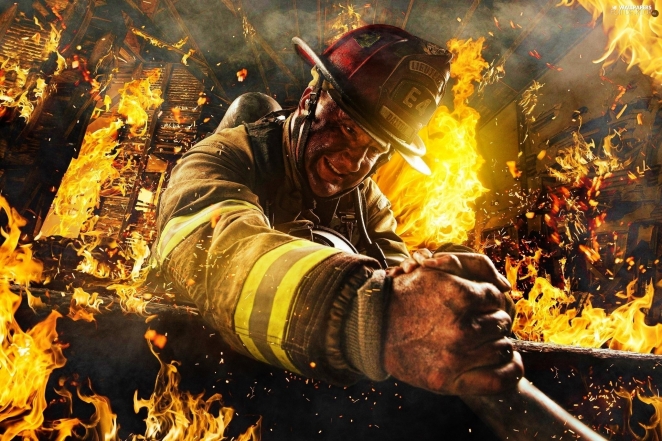
If you weren’t in your current industry, what would you be doing?
I've found myself thinking about it many times, but to be very objective, I would have been a firefighter.
I love the creative industry, I really do. Because it's all about the fires that we have to end and who we have to do it for. It’s about people, and everything in our job description is to improve their lives somehow, either by saving them from the danger – in case if I were a firefighter – or by developing an idea to make their daily lives easier.
What’s your secret to keeping the team inspired and motivated?
I give them something to dream about every day, so they can feed on it and have the strength to make it a reality. The most satisfying way to motivate a team is to allow them to see their ideas come to life.
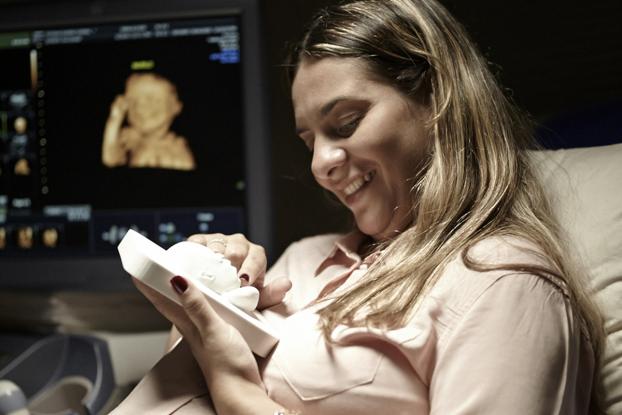
How has COVID-19 affected you as a leader?
Actually, it did not.
We are more connected than ever and, although it is virtually, it is also real because we know that we need to respect the time and all the difficulties that this moment has brought. This is a priceless opportunity to show your team whether you are a leader or a boss. So I try to be an understandable human being so that I can have my colleagues by my side and, together, we can overcome what needs to be overcome, either professionally or personally.
What is your one advice to aspiring creatives looking to be successful?
Wake up hungry to deliver your best every day and learn to be the greatest. Be curious and connect with people who believe in your talent.
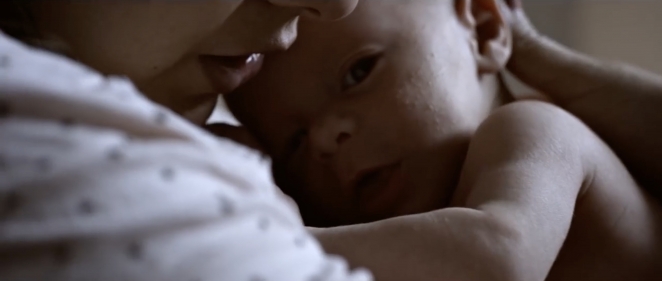
How do you recharge away from the office?
By doing what I learned during my years as a teenager in the favela: going to the streets and meeting real people.
What’s your one big dream for the future of the industry?
I would love to be in an industry with more equality and opportunities. There would be no stereotypes, labels, and it would be possible to train each person to do what we do. Because we are not special. We are people who had the opportunity to study and get training to do what we do. So please, more inclusion and less bullshit and superficiality. Thank you.
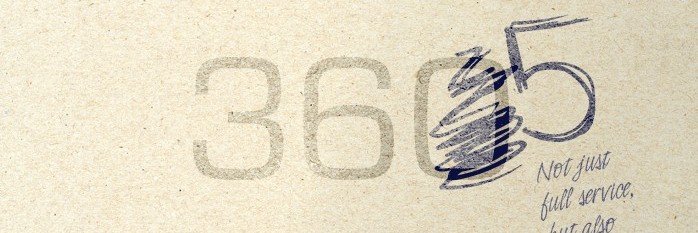

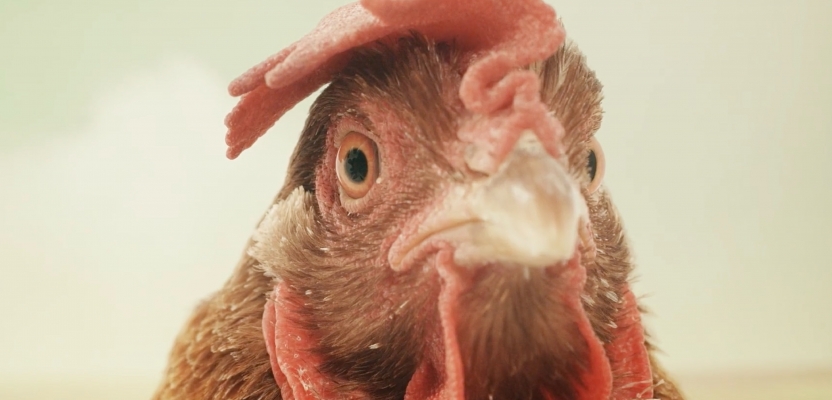


Istvan Bracsok January 28th, 2021, in the afternoon
Boooraaa!